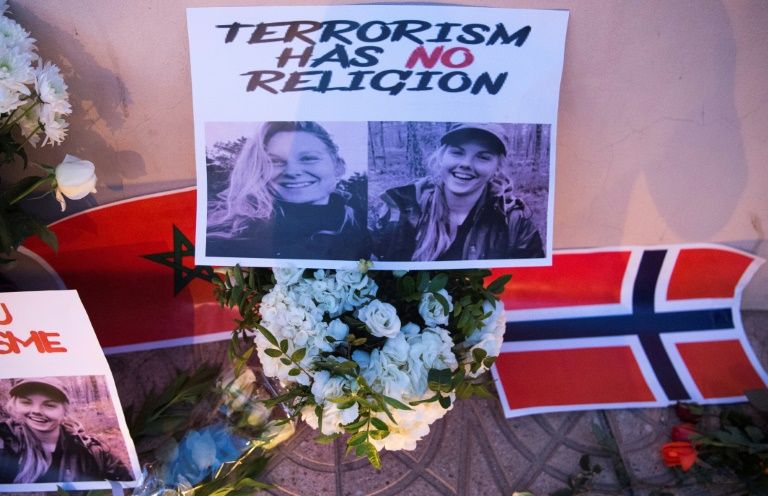Denmark prosecutes 14 people who shared murder video

Police inspector Michael Kjeldgaard at East Jutland Police said that the individuals were charged after sharing the footage via Facebook Messenger or other social media, according to a statement released on Thursday.The video, which authorities believe is authentic, shows the murder of one of two young hikers found beheaded near the town of Imil, in the Atlas Mountains south of Marrakesh on December 17, 2018.Louisa Vesterager Jespersen, 24, of Denmark and 28-year-old Norwegian Maren Ueland were killed in what both Moroccan and Danish authorities have characterized as a terrorist act.Twelve individuals have been charged with unauthorized disclosure of the video under “especially aggravating” circumstances.This section of the Danish penal code is normally used to prosecute those who share images or videos of people that they would not want to be made public, such as revenge porn, Deputy Attorney General Jakob Berger Nielsen told CNN via telephone. Berger Nielsen said that the law is designed to protect people from having images of them shared online without their consent. He is not aware of any previous cases of the article being used to prosecute those who share terror-related content. “It’s important that everybody knows that it could be illegal to share these kinds of images,” he said.Under aggravating circumstances it is punishable by up to three years in prison, according to Danish police.Two more people were charged with apologizing for terrorism, which relates to expressing “joy or amusement” about a terror attack, said Nielsen. This part of the penal code has previously been used to prosecute those who expressed support for acts of terror such as the attack on the offices of French satirical magazine Charlie Hebdo in 2015, he said.If convicted, the defendants face a fine or up to two years in prison, according to police.Police stated that of the 14 people who have been charged, six are aged 13-18, three are aged 22-36 and five are aged 45-69.The four suspects accused of direct involvement in the women’s deaths appear in a video pledging allegiance to terror group Islamic State, but they do not reference the killings.Moroccan authorities say that the four had not made contact with other members of the group abroad, nor had they fought in Iraq or Syria.On December 22, Moroccans gathered to mourn the tourists’ deaths outside the Norwegian and Danish embassies in Rabat, the capital. Hundreds of people held vigils, with some holding signs saying “Pardon” or “Sorry” in English.







